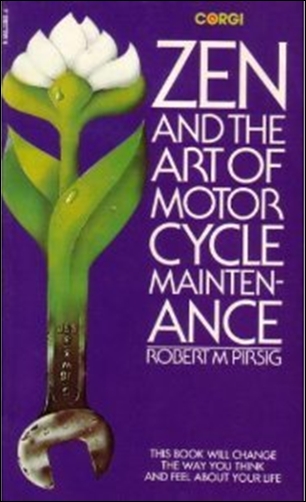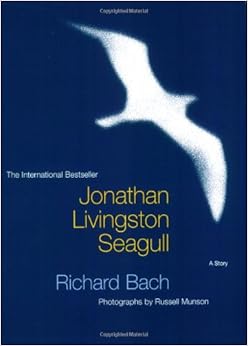Then I found an short earlier post about another game. And it seemed pertinent, somehow.
_________________
I'd like to start with a quiz. Who said this
“Cricket civilises people and creates good gentlemen. I want everyone to play cricket ..; I want ours to be a nation of gentlemen.”I will reveal the answer at the end of this entry.
The stimulus for my mention of cricket is an interesting article in the magazine All About Cricket. The author, Safi Thind, reports on the emergence of a number of initiatives that have used cricket as a vehicle to combat problems like misbehaviour at school and youth delinquency.
For example,
"StreetChance "aims to increase aspiration, promote mutual respect, and enhance relationships with others, including schools, police and the wider community by providing structured coaching and competitive opportunities for young people."
Another charity - Cricket for Change - gives some clues about the selection of cricket as the means to these ends:
"We see cricket, because of its history throughout the world, as being uniquely able to transcend the major urban racial groups, black, white and Asian and because it's a non-contact game, is also uniquely able to help young people with a disability share in the benefits of competitive team sport.
We believe that cricket can be used to make a positive impact on the lives of individuals and communities and for the last 30 years we have used our unique cricket programmes to help young people, in particular, make positive choices about their lives and to help them feel good about themselves."
Cricket, above all other sports that emerged from Victorian Britain (which is, let's face it, almost all sports) has the reputation for developing decent behaviour.
This was the view of the philosopher David Stove. Cricket, he wrote, “requires gentlemanliness, and teaches it”. And such gentlemanliness is expressed both in the nature of the game (and its often extreme delays of gratification) and its spirit. In other words, cricket teaches decent behaviour by providing an environment in which such behaviour is practiced.
Of course, it is not difficult to undermine a simple equation between cricket and civility: bodyline, ball-tampering, match fixing, and so on. But that the vast majority of cricket matches manage to maintain an over-riding air of good manners and good spirits - even at the very highest levels - does suggest that these schemes are on to something.
And the source of the claim that cricket civilises people that I quoted at the start of this entry? It was that great humanitarian Robert Mugabe.
_________________
And if Mugabe cannot persuade you of the virtues of cricket, take a look at the story of a truly remarkable Cricket club: the Compton Cricket club in California, USA ...









